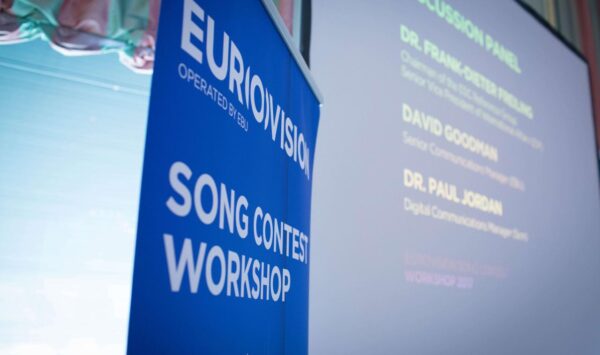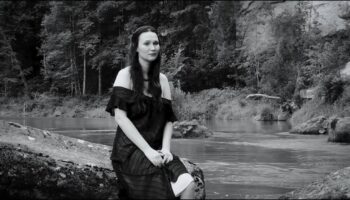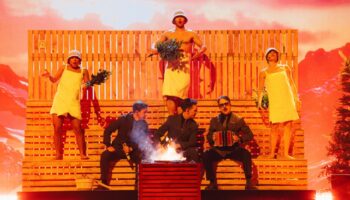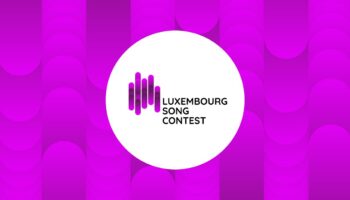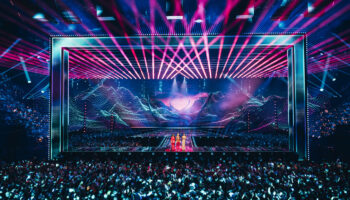The European Broadcasting Union (EBU) had the pleasure to host the annual Eurovision Workshop for the 5th time in Berlin, Germany. This event has been a great opportunity for delegations from Europe and rest of the world to gather, discuss and share experience and opinions on the Eurovision Song Contest and beyond.
During the workshop, the Executive Producer of the Eurovision Song Contest 2017, Pavlo Hrytsak, officially handed over the event to its next host broadcaster Rádio e Televisão de Portugal (RTP).
What about Lisbon’s Eurovision?
As a matter of course, the main subject of the workshop event was the 2018 Eurovision Song Contest. The EBU Reference Group was there to discuss about the different aspects of the forthcoming event. According to information, there were several proposals for the location of the Eurovision Village and the Euro Club. The organisation plans of both RTP and the Reference Group were also extensively discussed.
As noted, the deadline for the countries to confirm their participation in Lisbon is now over. EBU is going to release the full participants list later this year. However, ESCToday has already ensured confirmations from over 30 countries which will be participating in 2018.
What else was thrown on the table?
The event featured several Heads of Delegations (HoD) from a number of countries. Each of them was there to share his/her experience and present recent advances regarding the world’s biggest music annual event.
To begin with, the Bulgarian Head of Delegation Joanna Levieva-Sawyer talked about how her country managed to leave behind the continuous eliminations in the semi-finals and achieve even better results than their previous ones over the last 2 years, coming 2nd in 2017.
Moreover, the speech of the Icelandic HoD Felix Bergsson was about the very interesting fact of the overwhelming TV audience rate of the contest in Iceland. Despite a third continuous semi-final elimination, the contest remains extremely popular in the island country, as 2017 saw its biggest audience share ever there, 98%! It is quite impressing that almost 91% of the whole Iceland’s population (300,000 out of 330,000 people) watched the contest in May!
Beyond the European borders, the Australian HoD Paul Clarke was also there in Berlin to mostly speak about the project of the Eurovision Asia Song Contest. He had much to say about their provisional planning, their aspirations for countries that are going to be involved and the time frame of the event.
The 63rd Eurovision Song Contest will be taking place on 9, 11 and 13 May at the MEO Arena in Lisbon, Portugal. Portugal earned the right to host the event for the first time after the 2017 victory of Salvador Sobral with his entry Amar pelos dois with 758 points.
